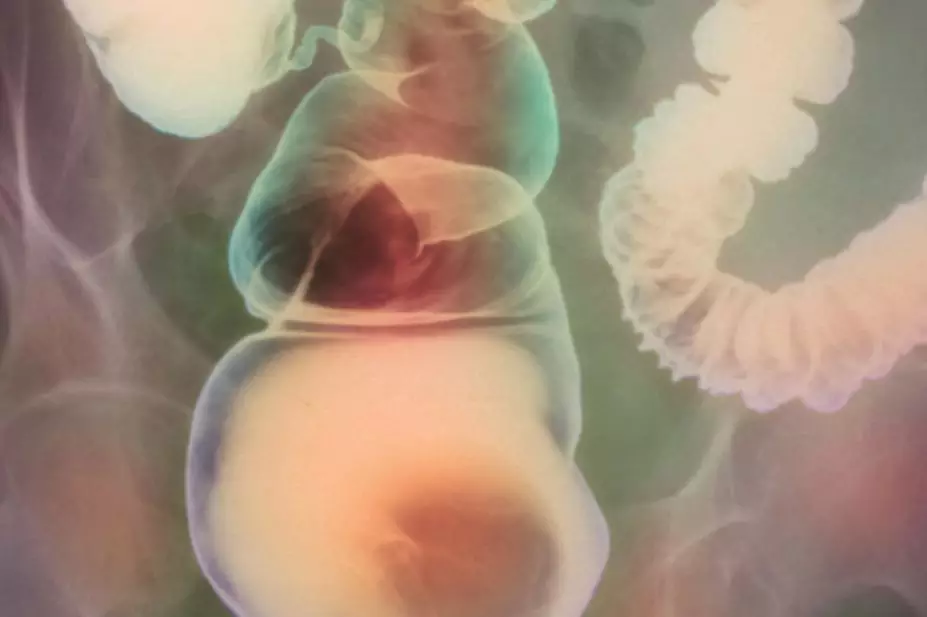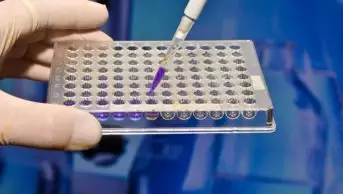
CNRI / Science Photo Library
Acute pancreatitis is a recognised adverse drug reaction to thiopurine immunosuppressant drugs that affects an estimated 4–7% of patients with inflammatory bowel disease.
New research identifies a genetic variant in the class II human leukocyte antigen (HLA) region that confers increased susceptibility to this reaction.
An initial genome-wide association study identified a significant association at rs2647087 within the class II HLA region; these findings were replicated in an independent cohort and the association was fine-mapped to the HLA-DQA1*02:01–HLA-DRB1*07:01 1 haplotype.
“Patients heterozygous at rs2647087 have a 9% risk of developing pancreatitis after administration of a thiopurine, whereas homozygotes have a 17% risk,” reveal Graham Heap, from the Royal Devon and Exeter Hospital, and colleagues in Nature Genetics
[1]
(online, 17 September 2014).


